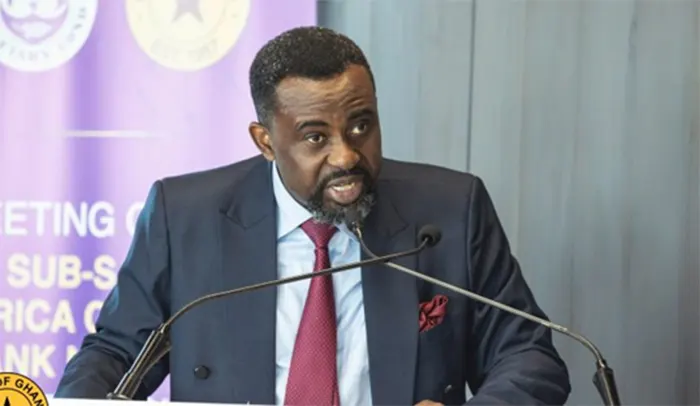Dr. Johnson Asiama
The Bank of Ghana (BoG) has announced that it has completed drafting the Virtual Asset Service Providers (VASP) Bill, which is currently progressing through the processes leading to consideration by Parliament.
In a statement issued on Wednesday, October 1, 2025, the BoG said the draft had undergone extensive review by industry groups, relevant state institutions, and international development partners.
“The Bank of Ghana wishes to update the public and industry stakeholders on progress towards establishing a comprehensive regulatory framework for virtual asset activities in Ghana. Working in close collaboration with the Securities and Exchange Commission (SEC) and the Financial Intelligence Centre (FIC), the Bank has completed the drafting of the Virtual Asset Service Providers Bill,” it stated.
As part of the preparatory process, the Bank said it conducted a mandatory registration exercise for all virtual asset service providers in July 2025.
The exercise, according to the central bank, provided updated baseline information on virtual asset activities in Ghana and offered valuable insights to guide the design of a regulatory framework that is both market-relevant and fit for purpose.
The BoG said it has adopted a structured roadmap to guide the phased implementation of the framework and the operationalisation of the forthcoming VASP Act.
It indicated that immediate priorities include continued consultations with the Executive arm of government, Parliament, and other stakeholders on the draft bill.
The Bank also disclosed plans to launch a dedicated online portal to serve as a central source of information and compliance support for VASPs, as well as to facilitate nationwide awareness and engagement activities with both industry players and the public.
The BoG assured that it is “committed to fostering a safe, transparent, and innovative virtual asset ecosystem that protects users, encourages responsible innovation, and safeguards the integrity of the financial system.”
By Ebenezer K. Amponsah


